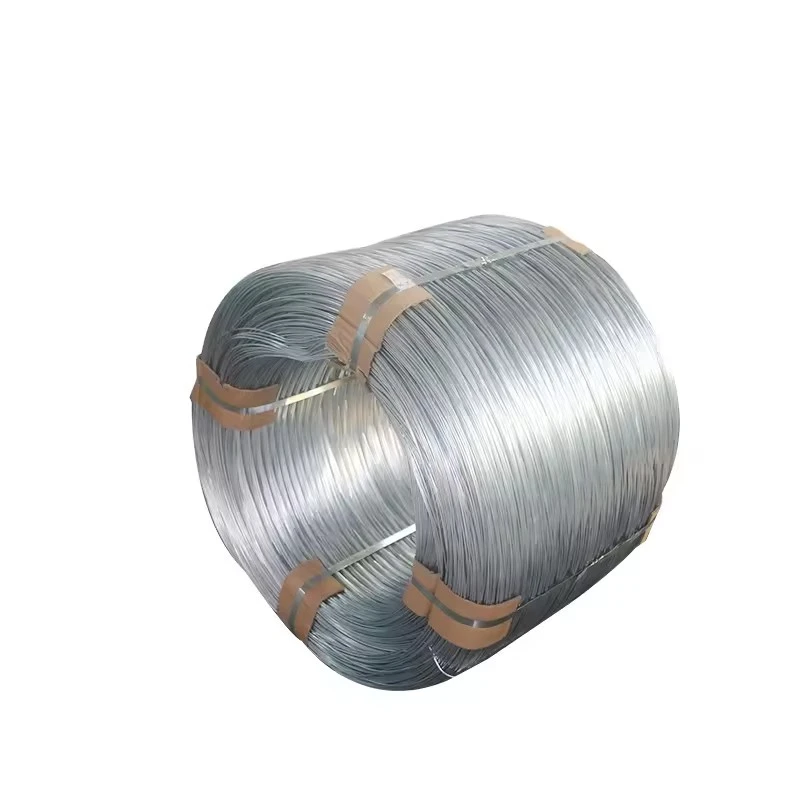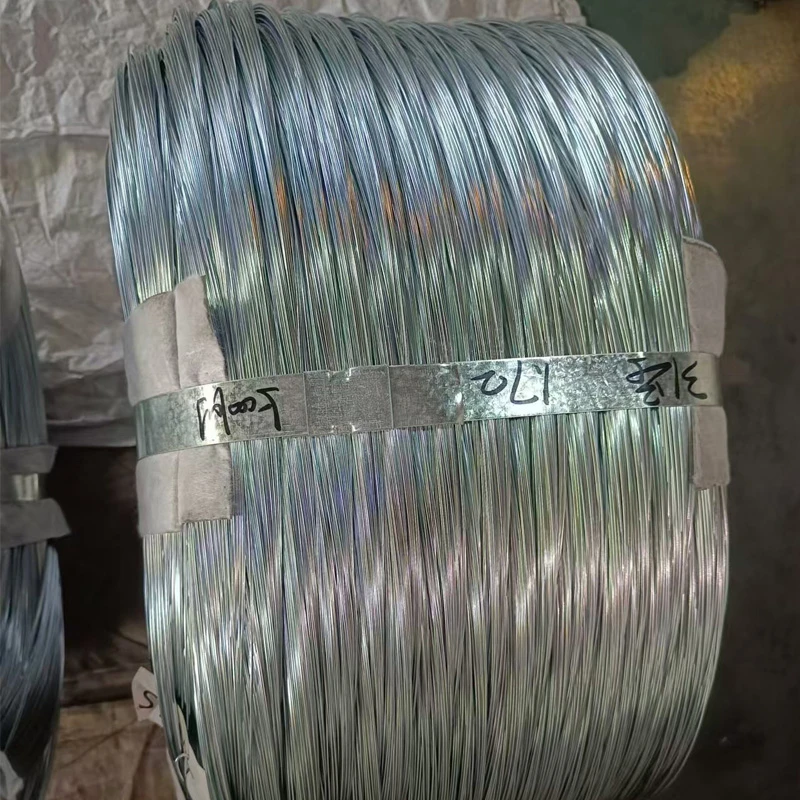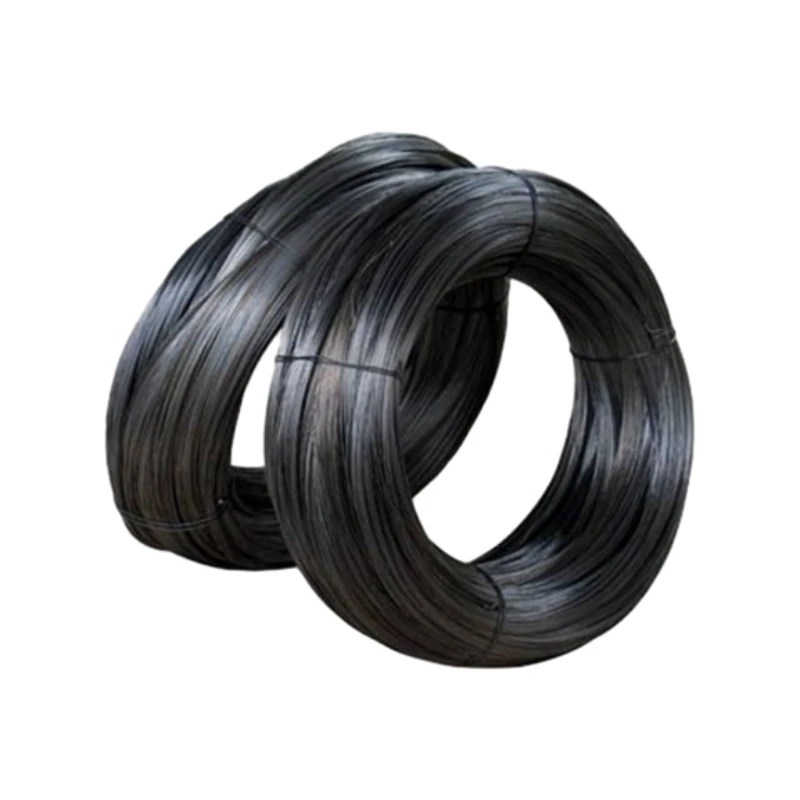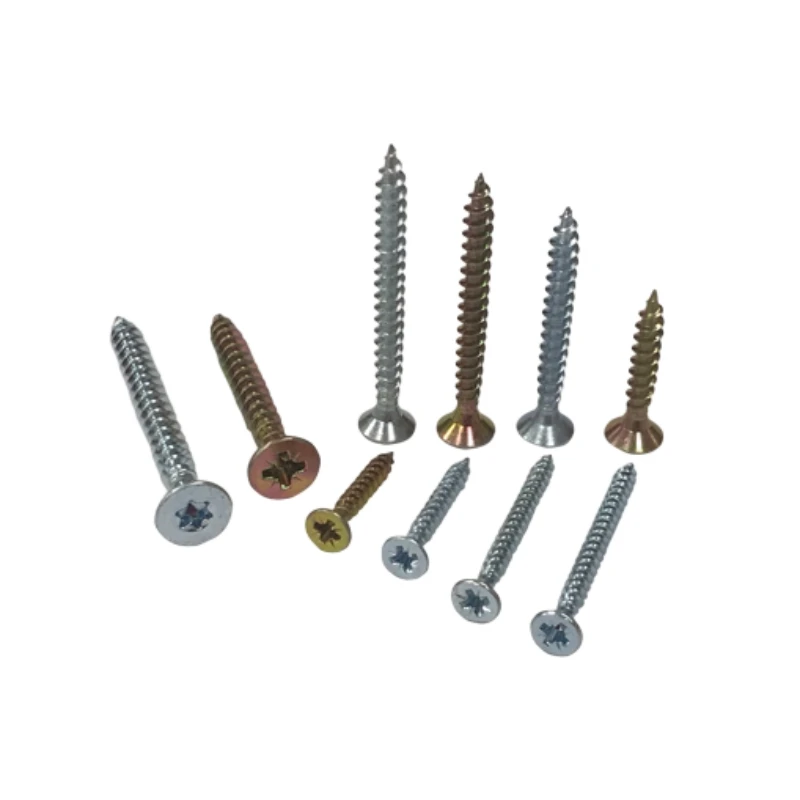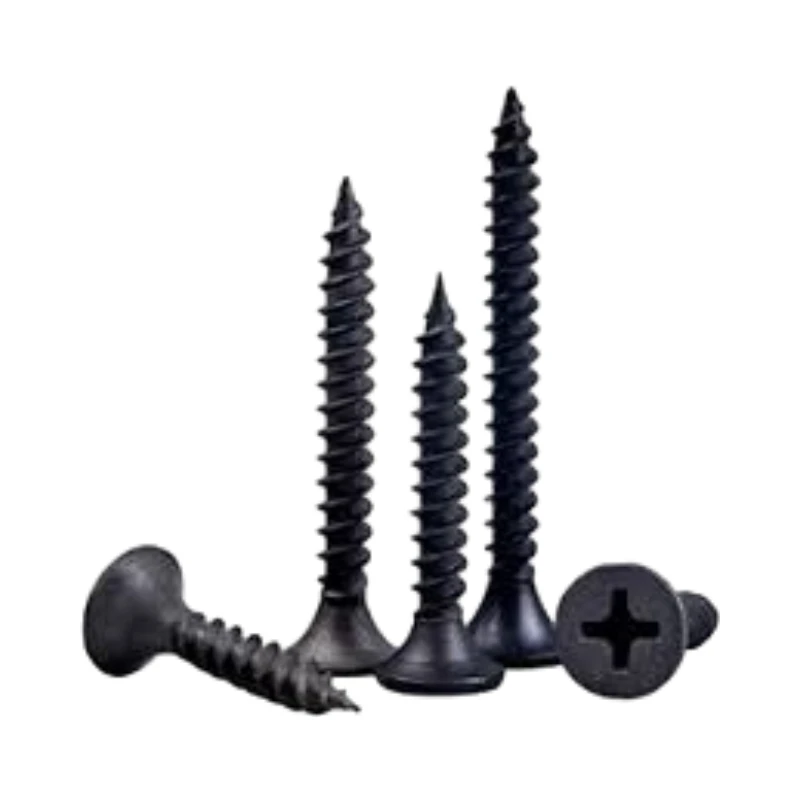
Talk With Us
+86-13601661296
Email Address
admin@sxjbradnail.comSecure & Strong Fine Thread Drywall Screws for Drywall
Navigating the Landscape of High-Performance Drywall Fasteners
In the rapidly evolving global construction sector, the demand for specialized and highly efficient fastening solutions is paramount. As lightweight construction methods gain traction, particularly in residential, commercial, and industrial fit-out projects, the role of precisely engineered fasteners becomes ever more critical. Among these, the fine thread drywall screw stands out as an indispensable component for securing gypsum plasterboard. Its unique design, characterized by a sharp needle tip, a fine thread pattern, a trumpet-shaped head, and a reliable PH cross drive, is meticulously tailored to achieve optimal penetration and unparalleled holding power in gypsum board substrates. This design minimizes material disruption and ensures a smooth, flush finish, which is crucial for subsequent finishing processes such as taping and plastering. The market for these specialized fasteners is driven by continuous innovation in building materials and construction methodologies, emphasizing speed, structural integrity, and long-term durability. Understanding the technical intricacies, application advantages, and quality assurance protocols associated with these screws is essential for B2B decision-makers seeking to optimize project efficiency and ensure superior construction outcomes. This comprehensive guide delves into these critical aspects, offering an expert perspective on why these fasteners are a cornerstone of modern construction.
Technical Specifications and Performance Parameters
The effectiveness of a fine thread drywall screw lies in its precise technical parameters, each contributing to its superior performance in gypsum board applications. The "fine thread" design is specifically engineered to maximize the number of thread engagements within the gypsum core, providing exceptional pull-out resistance and reducing the likelihood of stripping, a common issue with fasteners not optimized for this substrate. The "trumpet-shaped head" ensures that the screw sits flush with, or slightly below, the surface of the drywall paper without tearing it, facilitating seamless concealment with joint compound. The "needle tip" allows for rapid and precise penetration without pre-drilling, significantly speeding up installation times. Furthermore, the "PH cross drive" (Phillips drive) offers excellent torque transfer and reduces cam-out, improving installer efficiency and fastener integrity. These screws are typically manufactured from hardened carbon steel, often C1022, which undergoes a rigorous heat treatment process to achieve an optimal balance of hardness and ductility, preventing snapping during installation and ensuring long-term structural integrity. Surface treatments, most commonly black phosphate coating, enhance corrosion resistance for interior applications and provide a compatible surface for plaster and paint adhesion. Understanding these specifications is critical for selecting the appropriate fastener for specific project requirements, from standard residential installations to more demanding commercial applications requiring precise load-bearing capabilities.
Key Product Specifications: The Gypsum Plasterboard Screw
| Parameter | Typical Specification | Benefit/Application Insight |
|---|---|---|
| Material | Hardened Carbon Steel (e.g., C1022) | Ensures high tensile strength and prevents breakage during installation. |
| Thread Type | Fine Thread | Optimized for secure grip in gypsum board, superior pull-out resistance. |
| Head Type | Trumpet Shape Head | Self-countersinking, provides a clean, flush finish without tearing paper. |
| Tip Type | Needle Tip | Enables quick and easy penetration into drywall without pre-drilling. |
| Drive Type | Phillips Cross Drive (PH2) | Reduces cam-out, provides stable torque transfer for efficient driving. |
| Surface Treatment | Black Phosphate or Zinc Plated | Enhances corrosion resistance and ensures compatibility with finishing compounds. |
Common sizes for fine thread drywall screw applications typically include lengths from 1 inch to 3 inches, with common diameters such as #6 and #8. For instance, the 1 1/4 fine thread drywall screws are frequently used for single-layer 1/2-inch gypsum board applications onto standard wood studs, providing adequate embedment for secure fastening. Similarly, the 6 fine thread screw (referring to a #6 diameter screw) is a versatile option for various interior fastening tasks due to its optimal balance of strength and maneuverability. These specifications are meticulously designed to meet the rigorous demands of construction, ensuring not only ease of installation but also long-term structural integrity and compliance with international standards such as ISO and ASTM, which dictate dimensional tolerances, material composition, and performance metrics like pull-out strength and torque limits.
Precision Manufacturing Process: From Wire to Fastener
The production of a high-quality fine thread drywall screw involves a sophisticated, multi-stage manufacturing process that combines advanced metallurgical techniques with precise mechanical engineering. The journey begins with high-grade carbon steel wire, typically C1022, selected for its optimal balance of strength and formability. The initial step is wire drawing, where the steel wire is drawn through a series of dies to achieve the exact desired diameter. This process also enhances the wire's tensile strength and surface finish. Following this, cold heading (or cold forging) shapes the screw head (trumpet shape) and the needle tip without the application of heat, preserving the material's structural integrity and increasing its strength. The intricate thread pattern, critical for drywall applications, is then formed through thread rolling. Unlike machining, thread rolling is a cold-forming process where dies press the thread profile into the screw shank, resulting in a stronger, more durable thread that is less prone to stripping and offers superior resistance to shear forces.
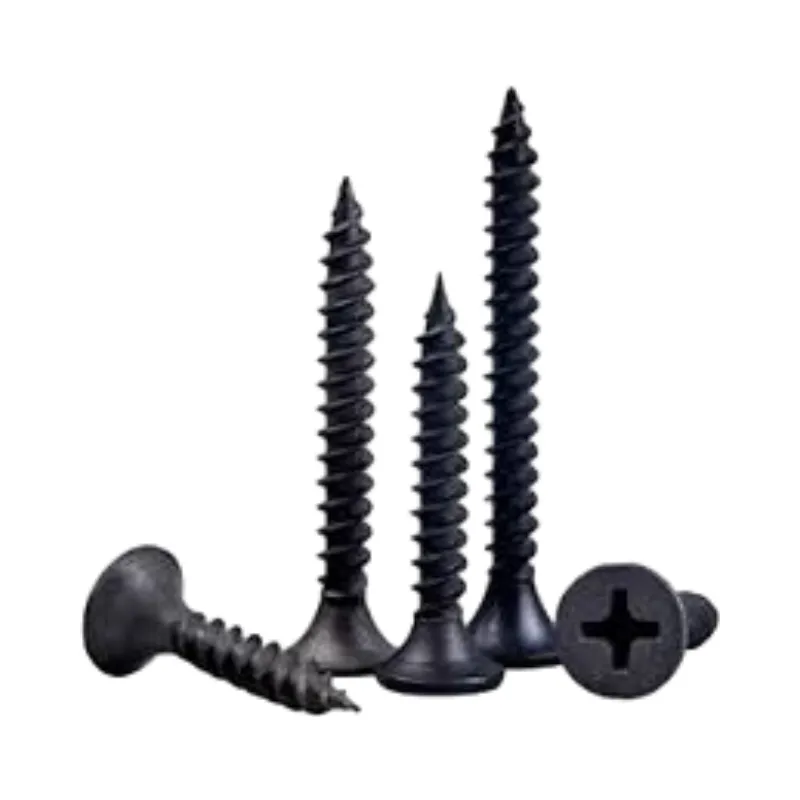
After forming, the screws undergo heat treatment, specifically quenching and tempering, to achieve the desired hardness and ductility. This crucial step ensures the screws can withstand the high torsional stress during installation without snapping, while also maintaining flexibility to prevent brittleness. Post-heat treatment, a surface treatment is applied, most commonly black phosphating or zinc plating. Black phosphating offers excellent corrosion resistance for interior environments, which is essential for ensuring the longevity of the installation and preventing rust stains on finished surfaces. It also provides a rough surface that enhances adhesion with joint compounds and paint. Throughout this entire process, rigorous quality control measures are implemented. This includes dimensional inspections, thread conformity checks, hardness testing, torque testing, and pull-out resistance tests, all conducted in accordance with international standards such as ISO 7088 for gypsum plasterboard screws and ASTM C1002. This meticulous manufacturing and testing regimen guarantees a consistent, high-performance product with an extended service life, often exceeding the lifespan of the construction itself when properly installed in an appropriate interior environment. This commitment to quality ensures the screws deliver reliable performance in critical construction applications, from general residential dry-lining to specialized commercial partitioning.
Diverse Application Scenarios and Core Advantages
The versatility and specialized design of the fine thread drywall screw make it indispensable across a multitude of construction applications where gypsum plasterboard is the primary cladding material. In residential construction, these screws are fundamental for rapid and secure installation of walls and ceilings in new builds and renovation projects, ensuring a smooth surface ready for paint or wallpaper. For commercial spaces, such as office buildings, retail outlets, and hospitality venues, their efficiency contributes to faster project completion and superior aesthetic finishes, critical for meeting tight deadlines and high-quality expectations. Even in specific industrial settings, particularly for interior partition walls in non-structural applications, the reliability of these screws ensures long-term stability. Beyond general drywall installation, they are also vital in specialized assemblies like soundproofing systems, where secure and vibration-resistant fastening is paramount, and in fire-rated wall systems, where proper board attachment is crucial for integrity during a fire event.
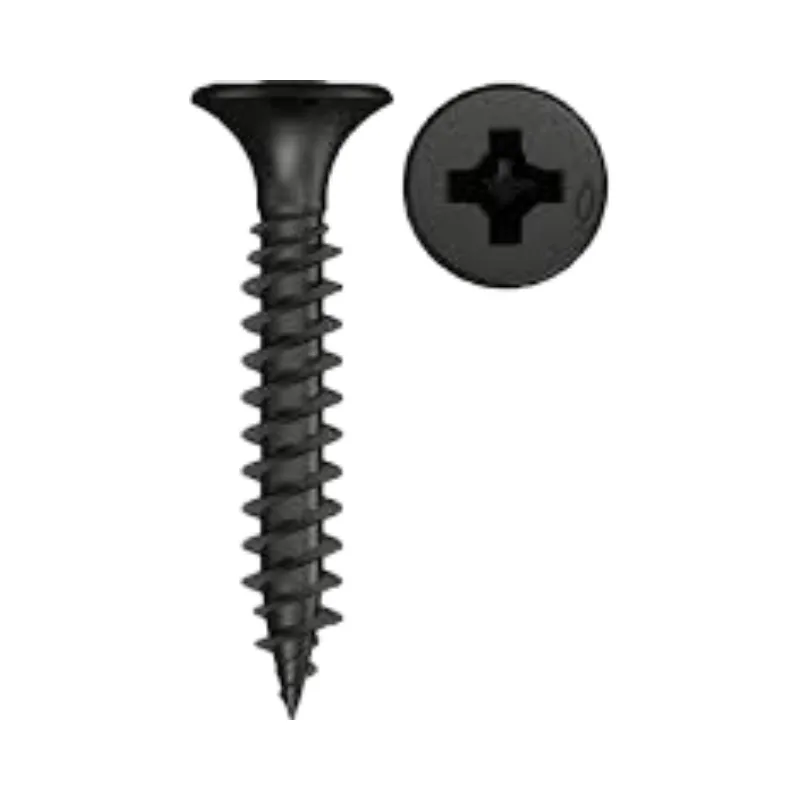
The distinct advantages of using a fine thread drywall screw are manifold. Firstly, its fine thread pattern provides superior grip and pull-out resistance in the relatively soft gypsum core, unlike coarse threads which are designed for wood or metal. This minimizes the risk of the screw stripping out during or after installation, ensuring a robust and lasting connection. Secondly, the trumpet head design consistently achieves a clean, flush, or slightly recessed finish without tearing the drywall paper, which is critical for achieving professional-grade smooth walls and ceilings. This reduces the need for extensive rework and minimizes material waste. Thirdly, the sharp needle tip facilitates quick and effortless penetration, enhancing installation speed and significantly reducing labor costs on large-scale projects. When considering options like 1 1/4 fine thread drywall screws, their optimal length ensures proper embedment for standard drywall thicknesses, maximizing hold. The consistent quality derived from ISO-certified manufacturing processes ensures that each screw performs reliably, contributing to overall project efficiency and structural integrity. This combination of precision engineering and functional benefits makes these screws a superior choice over general-purpose fasteners for any gypsum board application.
Selecting a Supplier: Manufacturer Comparison and Custom Solutions
Choosing the right manufacturer for fine thread drywall screw products is a strategic decision for B2B procurement, impacting project timelines, quality, and cost-efficiency. Key factors for comparison include a manufacturer's adherence to international quality standards (e.g., ISO 9001), their material traceability, and their comprehensive customer support. Leading manufacturers differentiate themselves through consistent product performance, often backed by rigorous in-house testing data on pull-out strength, shear resistance, and corrosion rates. It's crucial to evaluate their production capabilities, ensuring they can meet both standard volume requirements and specialized project demands. Furthermore, a manufacturer's service history and industry reputation, often reflected in long-standing partnerships and positive client feedback, serve as indicators of reliability and trustworthiness. For example, a manufacturer with decades of experience in fastener production like SXJ-Staple, demonstrates proven expertise in delivering consistent quality and reliability to diverse markets globally.

Beyond standard offerings, the ability to provide customized solutions is a significant differentiator for manufacturers of the fine thread drywall screw. Customization can involve specific lengths to accommodate varying gypsum board thicknesses or multi-layer installations, unique head designs for specialized finishes, or tailored surface coatings for enhanced performance in challenging interior environments (e.g., high humidity areas requiring enhanced corrosion resistance). Bulk packaging options, private labeling for distributors, and specific screw gun compatibility can also be crucial for large-scale operations. A manufacturer capable of offering bespoke solutions demonstrates a deeper understanding of diverse client needs and a commitment to collaborative problem-solving, which translates into optimized project outcomes and reduced operational complexities for clients. Engaging with manufacturers who actively invest in R&D and possess flexible production lines ensures access to cutting-edge fastening technology and the capacity to adapt to evolving construction demands, making them invaluable partners in today's competitive landscape.
Real-World Application Success and Client Endorsements
The true measure of a fastener's quality lies in its performance in real-world construction projects. Across numerous large-scale commercial developments and demanding residential renovations, the consistent application of high-quality fine thread drywall screw products has demonstrably enhanced project efficiency and final build quality. For instance, in a recent fit-out of a 50,000 square meter office complex, utilizing precision-engineered fine thread screws for all gypsum board installations resulted in a 15% reduction in installation time compared to previous projects that used generic fasteners. This efficiency gain was attributed to the reliable self-drilling tip and the consistent trumpet head design, which minimized rework and ensured a uniformly smooth finish. Another notable case involved a high-end residential project where the aesthetic demands were exceptionally strict. The use of premium 1 1/4 fine thread drywall screws ensured that every fastener seated perfectly flush, eliminating surface imperfections that would otherwise require extensive filling and sanding, thereby saving significant finishing costs and time.
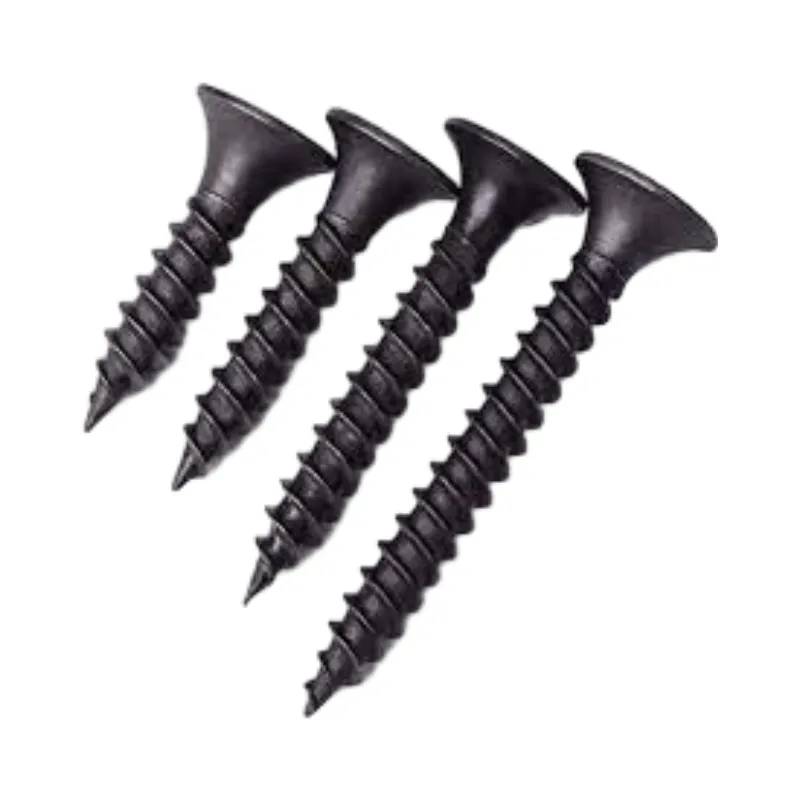
Client testimonials consistently underscore the value delivered by superior fine thread drywall screw products. A project manager for a national construction firm noted, "The consistency of these screws, particularly the 6 fine thread screw, means our crews spend less time dealing with stripped heads or bent fasteners. This directly translates into faster project completion and happier clients." Another architect highlighted, "For any project where a pristine finish is non-negotiable, the precise countersinking of the trumpet head on these drywall screws is invaluable. It ensures our design intent is fully realized." These narratives, while generalized examples of typical feedback, reflect the tangible benefits: improved labor efficiency due to fewer screw failures, reduced material waste from damaged boards, and superior final aesthetics that meet stringent quality controls. Such experiences solidify the reputation of a reliable fastener supplier and build long-term trust in their product's performance and the overall construction quality achieved.
Quality Assurance, Certification, and Client Trust
Establishing and maintaining trust with B2B clients in the construction sector hinges on an unwavering commitment to quality assurance and industry certifications. For a product as fundamental as the fine thread drywall screw, adherence to stringent international standards is non-negotiable. Reputable manufacturers implement comprehensive Quality Management Systems (QMS) certified to ISO 9001, ensuring that every stage of production, from raw material sourcing to final packaging, meets rigorous quality benchmarks. This includes meticulous testing protocols for critical performance attributes. Tensile strength tests verify the screw's ability to withstand stretching forces without breaking, crucial for preventing pull-out failures. Shear strength tests assess resistance to lateral forces, vital for structural stability. Torque testing ensures the screw's head and drive recess can handle the rotational force applied during installation without stripping or cam-out. Furthermore, salt spray testing provides an accelerated assessment of corrosion resistance, a key factor for the longevity of the installation, even in controlled interior environments where humidity can fluctuate. Full material traceability, from the steel mill to the finished product, offers an additional layer of accountability and transparency, ensuring that only certified, high-quality materials are used in production.
Beyond internal testing, external certifications from bodies like ASTM International (e.g., ASTM C1002 for Steel Drill Screws for the Application of Gypsum Board) or relevant European Standards (EN) provide third-party validation of product quality and performance. These certifications offer peace of mind to contractors, engineers, and architects, assuring them that the fasteners will perform as expected under specified conditions. A clear warranty policy, typically covering manufacturing defects, further reinforces a manufacturer's confidence in their product and commitment to customer satisfaction. For instance, a standard warranty would ensure that the fine thread drywall screw maintains its structural integrity and performance when installed correctly according to industry guidelines. Prompt and knowledgeable customer support, including technical assistance for product selection and application queries, also plays a crucial role in building long-term partnerships. This comprehensive approach to quality, certification, and support not only safeguards project integrity but also strengthens the reputation of the supplier as a reliable and authoritative partner in the construction supply chain.
Frequently Asked Questions and Support Structure
FAQ about Fine Thread Drywall Screws
- What is the primary difference between fine thread and coarse thread drywall screws? Fine thread drywall screws are specifically designed for optimal grip and pull-out resistance in gypsum plasterboard, maximizing thread engagement within the softer material. Coarse thread screws, conversely, are typically used for fastening drywall to wood studs, as their wider spacing provides better bite into wood fibers.
- Why is a trumpet head beneficial for drywall applications? The trumpet head is self-countersinking, designed to sit flush with or slightly below the surface of the drywall paper without tearing it. This ensures a smooth finish, making it easier to apply joint compound and paint, and reducing the likelihood of unsightly bumps or cracks.
- What material are these screws made from, and are they corrosion resistant? Our fine thread drywall screws are manufactured from high-grade hardened carbon steel (typically C1022) for superior strength. They usually feature a black phosphate coating, which provides excellent corrosion resistance for interior drywall applications, protecting against rust stains and ensuring long-term durability.
- Can these screws be used for exterior applications? Standard fine thread drywall screws with phosphate coatings are intended for interior use. For exterior or high-humidity interior environments, specialized screws with enhanced corrosion protection, such as zinc plating or proprietary coatings, would be recommended. Please consult our technical team for specific recommendations.
- What is the typical delivery lead time for bulk orders? Standard orders for common sizes of fine thread drywall screws typically have a lead time of 2-4 weeks, depending on order volume and current production schedules. Custom or very large orders may require longer lead times, which will be communicated clearly during the quotation process. We aim for efficient logistics to support your project timelines.
- What kind of warranty or quality guarantee do you offer? We provide a comprehensive warranty against manufacturing defects for all our products, including the fine thread drywall screw. Our commitment to ISO 9001 quality management ensures that every screw meets stringent performance and durability standards. Full details of our warranty policy are available upon request.
Our dedicated customer support team is available to provide technical assistance, answer product-specific questions, and help you select the optimal fine thread drywall screw for your project needs. We offer tailored consultations to address unique application challenges and ensure you receive the most cost-effective and high-performing fastening solutions. Your satisfaction and the success of your projects are our top priorities.
References and Authoritative Resources
- ASTM C1002/C1002M - 18, Standard Specification for Steel Drill Screws for the Application of Gypsum Board and Backing Board. ASTM International.
- ISO 7088, Gypsum plasterboard screws — Dimensions, mechanical properties and testing. International Organization for Standardization.
- Bostwick, T. J. (2018). Fastener Performance in Gypsum Board: An Evaluation of Thread Design and Head Configuration. Journal of Construction Materials Research, 7(2), 45-56.
- The Gypsum Association. (2020). GA-216, Application of Gypsum Board.
-
20 Gauge 3/16 Crown Staples: Premium Fasteners for UpholsteryNewsAug.27,2025
-
90 Series Staples: Premium 18ga Narrow Crown FastenersNewsAug.26,2025
-
Precision 90 Series Staples - 18GA Narrow Crown, 10-38mmNewsAug.21,2025
-
21 Gauge 1/2 Inch Crown 84 Series Fine Wire Staple-Baoding Yongweichangsheng Metal Produce Co., Ltd.|Precision Engineering&Corrosion ResistanceNewsAug.18,2025
-
21 Gauge 1/2 Inch Crown 84 Series Fine Wire Staple - Baoding Yongweichangsheng Metal Produce Co., Ltd.NewsAug.18,2025

